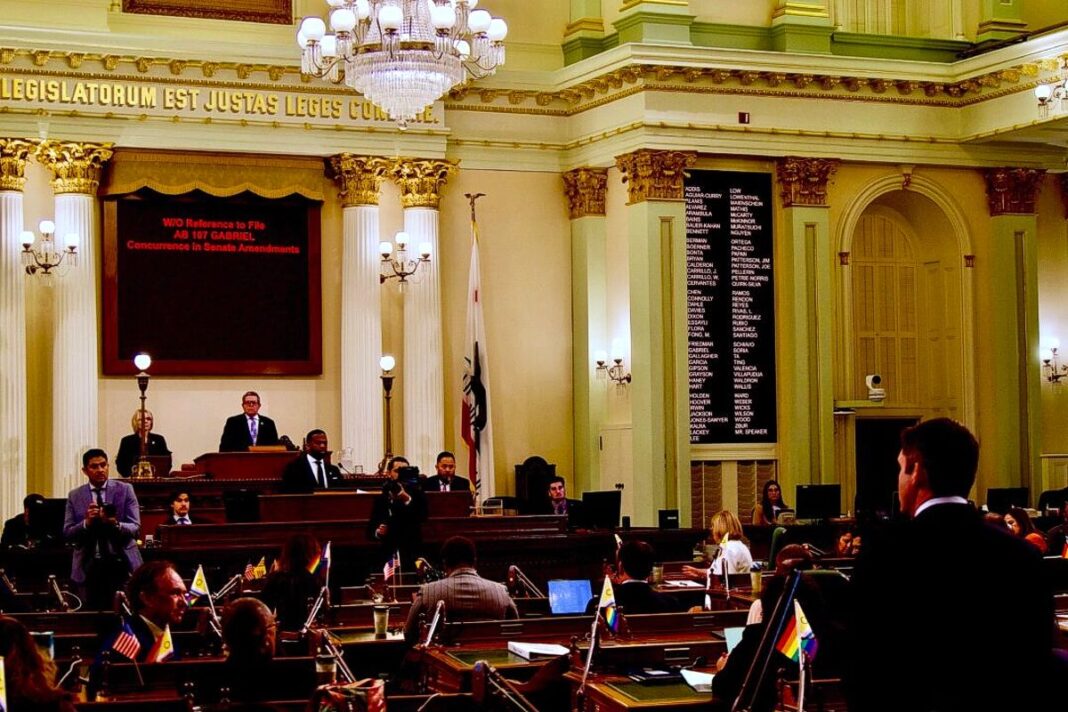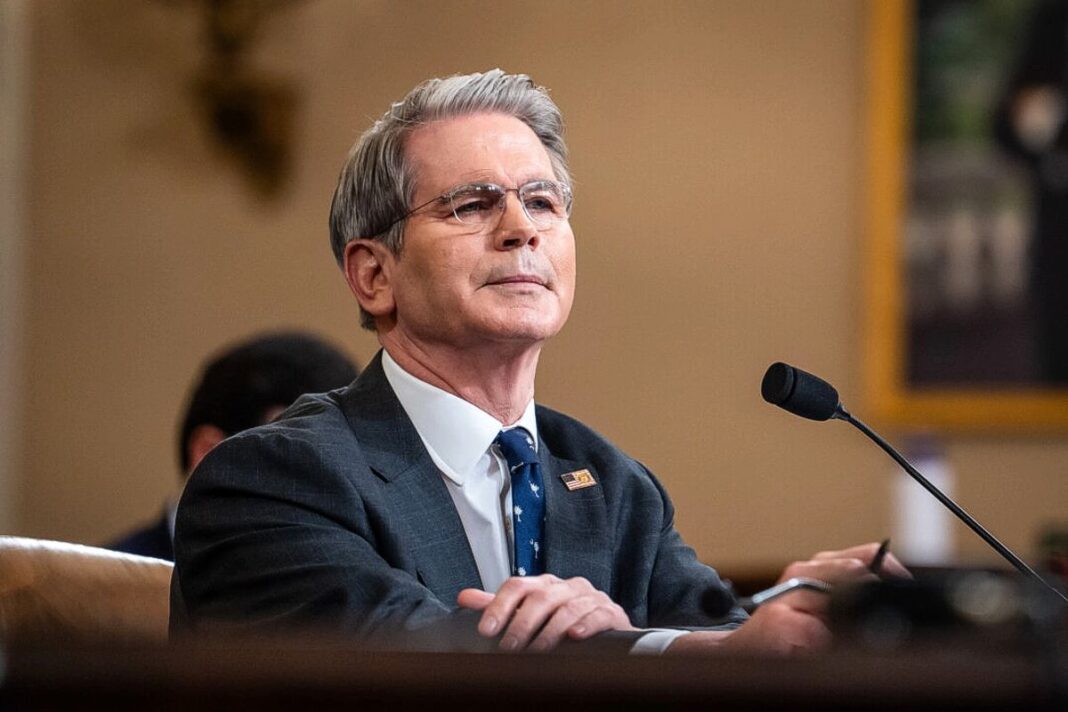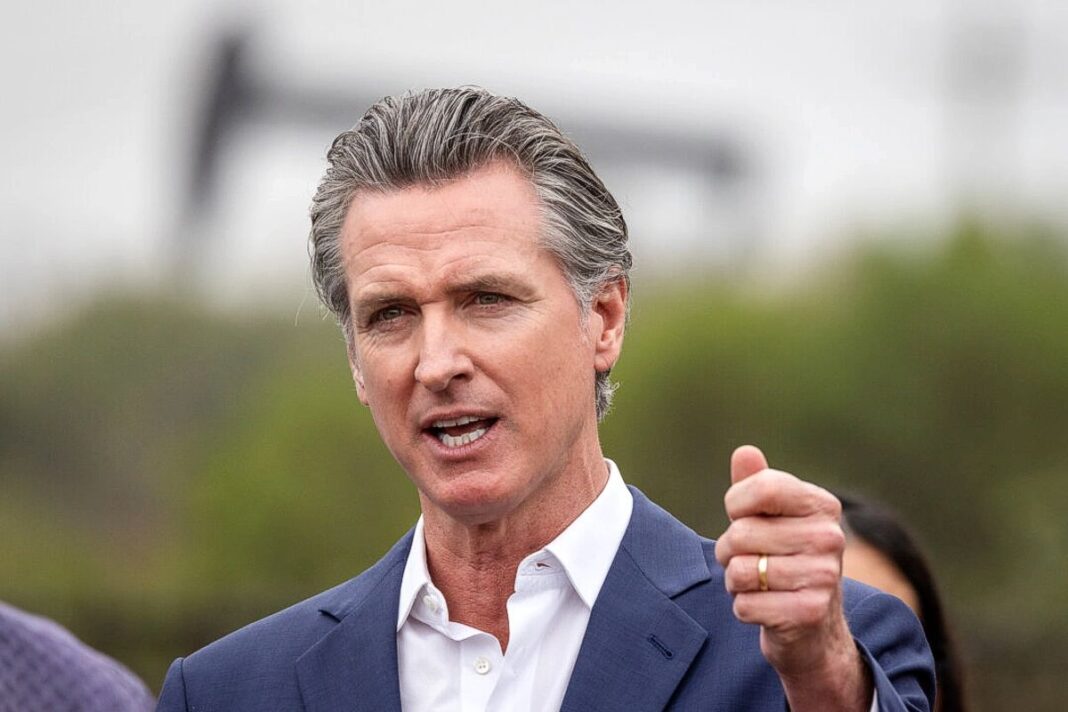State legislators say their budget preserves health care and social services, and focuses on improving housing affordability.
The California legislature on June 9 announced its own version of the state’s budget in addressing the state’s $12 billion deficit, scaling back spending cuts proposed by the governor.
“The two houses reversed some of the most devastating proposed cuts to health care and social service access for millions of families, while making the tough decisions needed to reduce costs and balance the budget,” read a joint statement by Assembly Speaker Robert Rivas and Senate President Pro Tempore Mike McGuire.
Gov. Gavin Newsom’s office released its “May Revision” on May 14, updating the proposed state budget that was announced in January.
Newsom proposed $5 billion in spending cuts and $7.1 billion in withdrawals from the state’s “rainy day” reserve fund to balance the $12 billion shortfall.
The legislature’s budget solution tackles the deficit by scaling back spending cuts while increasing borrowing. It includes $3.5 billion in funding reductions, $7.8 billion in borrowing from other state funds, and $1 billion by other means including deferral and delaying payments.
Newsom’s spending cuts focused primarily on Medi-Cal, with some ongoing cuts extending to future years. The Medi-Cal spending reduction would include an enrollment freeze for illegal immigrant adults starting in 2026. It would also require currently enrolled adult illegal immigrants to pay $100 monthly premiums starting in 2027.
The legislature’s version agrees on the freeze of enrollment with some modifications but reduces the premiums to $30, and adults who are 60 years old or older will not need to pay the premium.
Legislators also rejected Newsom’s proposal to set Medi-Cal’s asset limit at $2,000 and raised it back to $130,000, the criteria before it was completely eliminated in 2024.
On June 10, state Sen. Caroline Menjivar, a Democrat, said in a statement posted on Instagram that she was removed from a budget subcommittee on health and human services for her “straightforward opposition to the proposed health cuts to just one demographic.”
“I have worked tirelessly in the past three years to protect the most vulnerable in Subcommittee 3 and am disappointed that I won’t be able to record my dissent,” she said in a statement.
By Jane Yang








